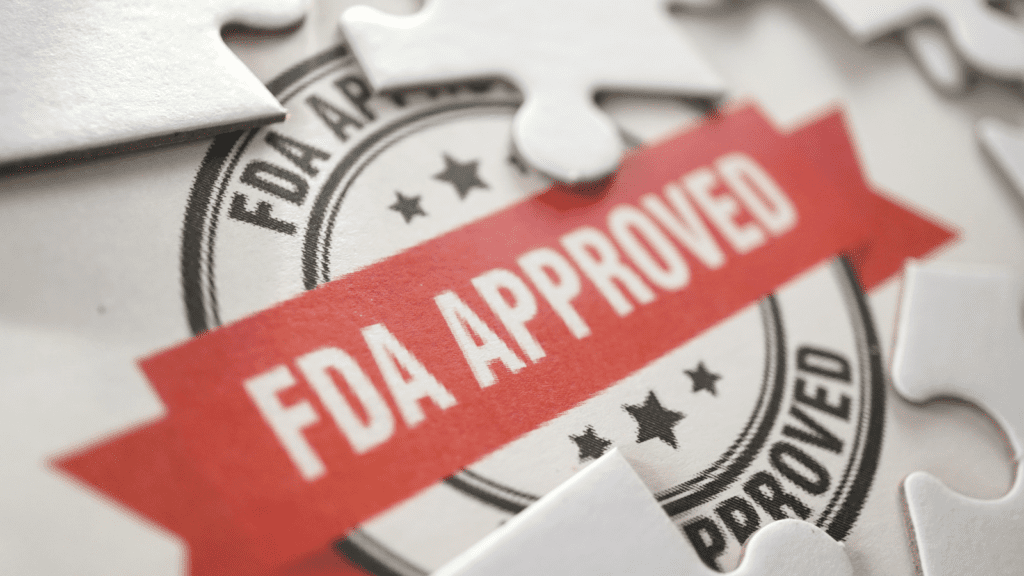
The last few decades have seen an unprecedented rise in the number of people struggling with obesity and the need to address this public health epidemic. As a practice manager or plastic surgeon, it is important to stay abreast of not only advances in aesthetic surgeries but also developments in research related to medical weight loss, specifically prescription drugs. Recent changes involving FDA-approved medications for weight loss are expected to impact your patient population and understanding the implications of these drugs on plastic surgery practices is key for delivering optimal outcomes and providing quality care. By familiarizing yourself with these new medications, you’ll be better prepared should any of your patients request assistance during their treatment journey—helping them meet their desired goals while still adhering to relevant healthcare policies. In this blog post, we will discuss how such changes can influence your practice setting when it comes to providing aesthetic services; so read ahead, discover what’s changed and equip yourself with knowledge essential for helping reshape both bodies –and minds—in pursuit of long-term success!


Introducing weight loss prescription drugs – What do they do and how will this affect plastic surgery
Weight loss prescription drugs are making a significant impact on the plastic surgery industry. These drugs are designed to help people achieve their weight loss goals by suppressing appetite, increasing metabolism, and of course, burning fat. However, what does this mean for the plastic surgery industry? Well, individuals who opt for weight loss prescription drugs may see a significant reduction in their weight and after losing a large amount of weight, a significant increase in excess skin. This could potentially affect plastic surgery practices, as the need for different surgeries may increase. Nonetheless, it is important to remember that weight loss prescription drugs should always be taken under the supervision of a medical professional. Concomitantly, it is essential to embrace a healthy lifestyle with proper diet and exercise in the long term to truly achieve optimal health and fitness goals.


Pros and cons of weight loss prescription drugs
As more and more people struggle with obesity, weight loss prescription drugs have become increasingly popular. While they can provide a quick and easy solution to shedding extra pounds, it is important to weigh the pros and cons before resorting to this option. On one hand, these drugs can suppress appetite and boost metabolism, leading to significant weight loss. On the other hand, they can also cause undesirable side effects such as nausea, constipation, and dry mouth. Furthermore, weight loss achieved through prescription drugs may not be sustainable in the long run without continued use of the medication. It is crucial to consult with a healthcare professional and carefully consider the potential benefits and risks before turning to weight loss prescription drugs.
Challenges plastic surgery practices may face when dealing with patients on prescription drugs
Plastic surgery practices face a variety of challenges when it comes to dealing with patients who are on prescription drugs. One of the primary concerns relates to the potential interactions between medication and anesthesia, which may impact the safety and effectiveness of surgical procedures. Additionally, certain prescription drugs can increase the risk of bleeding, infections, or complications during recovery. Practices must carefully review a patient’s full medical history and medication list to ensure that the procedure can be safely completed. Open and clear communication between patients and practitioners is crucial to minimize any potential risks and ensure a successful outcome. Ultimately, while it may present challenges, plastic surgery practices take great care to provide the best possible experience and results for every patient.


How to adjust marketing and billing strategies in light of the increasing demand for weight loss prescription drugs to maintain profitability in the plastic surgery practice as more people turn to these drugs
As the demand for weight loss prescription drugs continues to rise, plastic surgery practices must adjust their marketing and billing strategies to maintain profitability. While these drugs may appear to offer a quick fix for weight loss, they come with their own set of risks and side effects. It is important for plastic surgery practices to educate their patients on the potential dangers of these drugs and offer safer and more effective alternatives. By highlighting the benefits of nonsurgical weight loss treatments, such as diet and exercise plans, and emphasizing the long-term health benefits of these methods, plastic surgery practices can position themselves as reliable and trustworthy sources of weight loss advice. By being proactive in addressing the growing demand for weight loss prescription drugs, plastic surgery practices can maintain profitability and ensure the safety of their patients.


Risks associated with taking weight loss prescription drugs
Losing weight is a difficult journey for many people, and some turn to prescription weight loss drugs to achieve their desired results. However, taking these medications comes with potential risks that should not be ignored. Most weight loss drugs can cause side effects such as nausea, diarrhea, and insomnia. In some cases, these drugs can also lead to more serious health problems like liver damage, high blood pressure, and heart palpitations. It is crucial to discuss your medical history with your doctor before taking any weight loss drug to understand the risks and potential benefits. Remember, taking these drugs is not a quick-fix solution, and the best way to achieve sustainable weight loss is through a healthy diet and regular exercise.


Ways to ensure patient compliance after using prescription weight loss drugs when patients are considering or have had plastic surgery . Preparing patients for skin tightening procedures after weight loss if they have chosen to take weight loss drugs
Weight loss drugs can be an effective tool in achieving substantial weight loss, particularly in those that have struggled with their weight for years. However, for patients who have undergone or are considering plastic surgery to remove excess skin after weight loss, it is critical to ensure patient compliance. Using these drugs may result in significant changes in a patient’s body, making them more prepared for their forthcoming surgery. It is essential to prepare patients for the reality of potential surgery, and the surgical process required to ensure optimal results from treatment. Patients must be aware of the risks associated with weight loss drugs and the necessary precautions they must take to avoid complications. Ultimately, the patient is responsible for compliance since they decide to take the medication. Therefore, it is critical that healthcare providers create a comprehensive plan for patient compliance and follow up with them regularly to achieve optimal results.


Weight loss prescription drugs are a courageous and effective way to achieve a healthier lifestyle. They benefit patients in many ways, while at the same time being known to pose risks and side effects. But plastic surgery practices don’t have to be worried about the use of weight loss prescription drugs potentially impacting their practices. It is important for medical professionals to familiarize themselves with the pros and cons of weight loss prescription drugs and invest time in learning how to adjust their marketing strategies, patient education, and compliance protocols for those on medications. Finally, it’s up to every plastic surgery practice to create opportunities that help them remain as competitive in the ever-evolving healthcare industry. If you need help optimizing your practice’s contact with patients or educating them on weight loss prescriptions, consider contacting us – we’ll tailor our services to best fit your needs.



